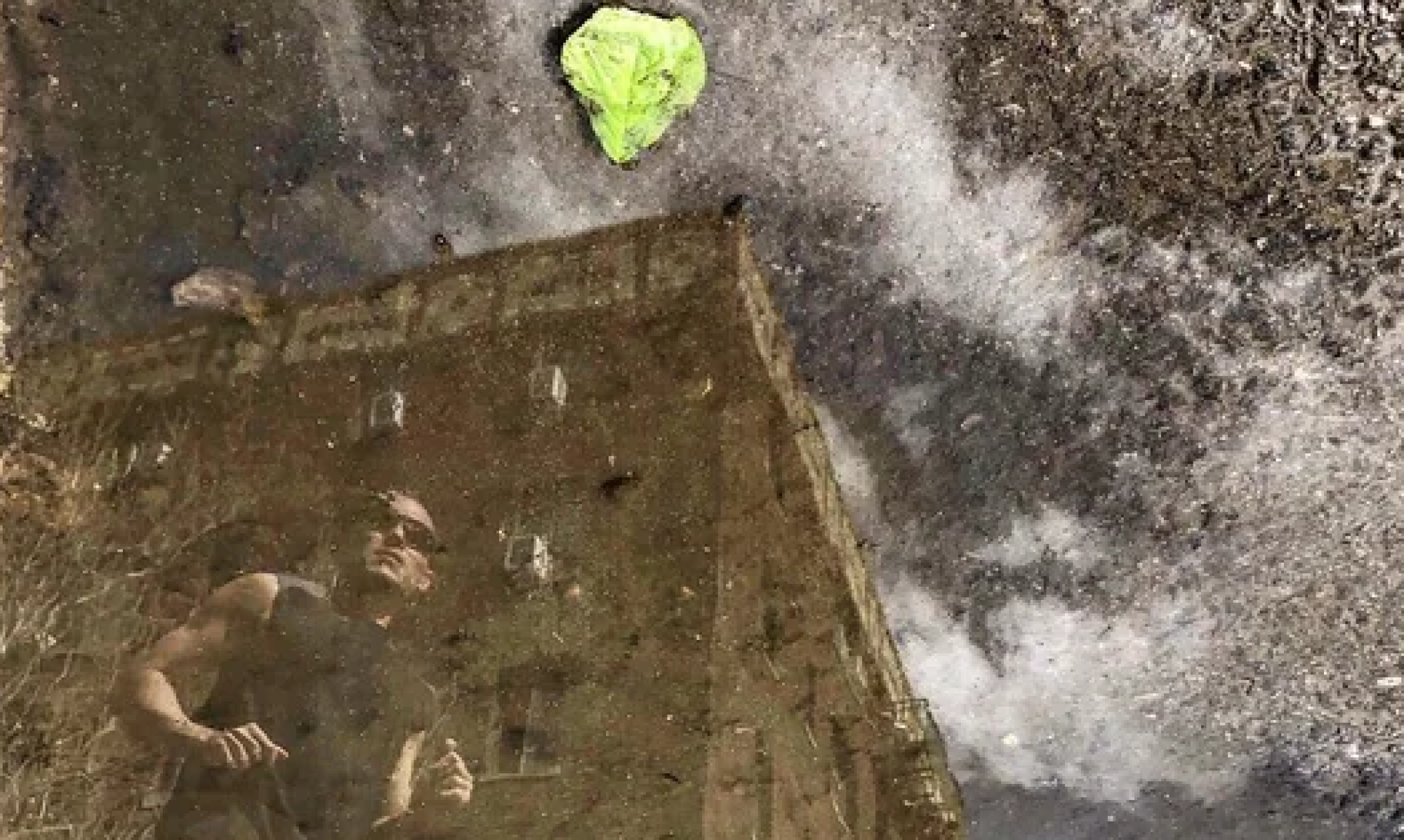 Reading Was the Easy Part,
Reading Was the Easy Part,
less strenuous than inventing imaginary companions for an increasingly disturbed only child with literate parents for models. None of us, however, read poetry, and writing such wasn’t on the menu.
Headed for the sciences, I assumed I’d be a researcher, though by high school I was such a mess nobody including myself and my psychiatrist thought I’d survive the pressures of Bronx Science. So I was enrolled in a smaller place, Friends Seminary, some of whose students were serious about the arts, and I tried to fit in by cobbling together my first, clumsy poems.
Having graduated with a D in English, at NYU I nevertheless majored in that subject and, still lacking any ideas, beyond “inspiration,” of how to proceed. I wound up editing the undergrad lit mag and winning the university literature prize for a set of sonnets that petered out at three. Now I had a false image to maintain, which kept me from admitting and rectifying my ignorance.
During graduate school and five years of teaching English I learned nothing practical about work habits from the many poets who could have clued me in. After my firing (political) from San Francisco State I trained as a psychologist, eventually became a Jungian analyst, and over fifteen years wrote little aside from academic prose. Nearly thirty years ago I went back to poems, heartened by interviewing Marion Milner, a London psychoanalyst and author of On Not Being Able To Paint, which describes her personal struggle against inhibited creativity.
This time I focused myself on output, technique, submission strategies, and not overrating rejections. From the mental hygiene standpoint quitting had ceased to be an option.

